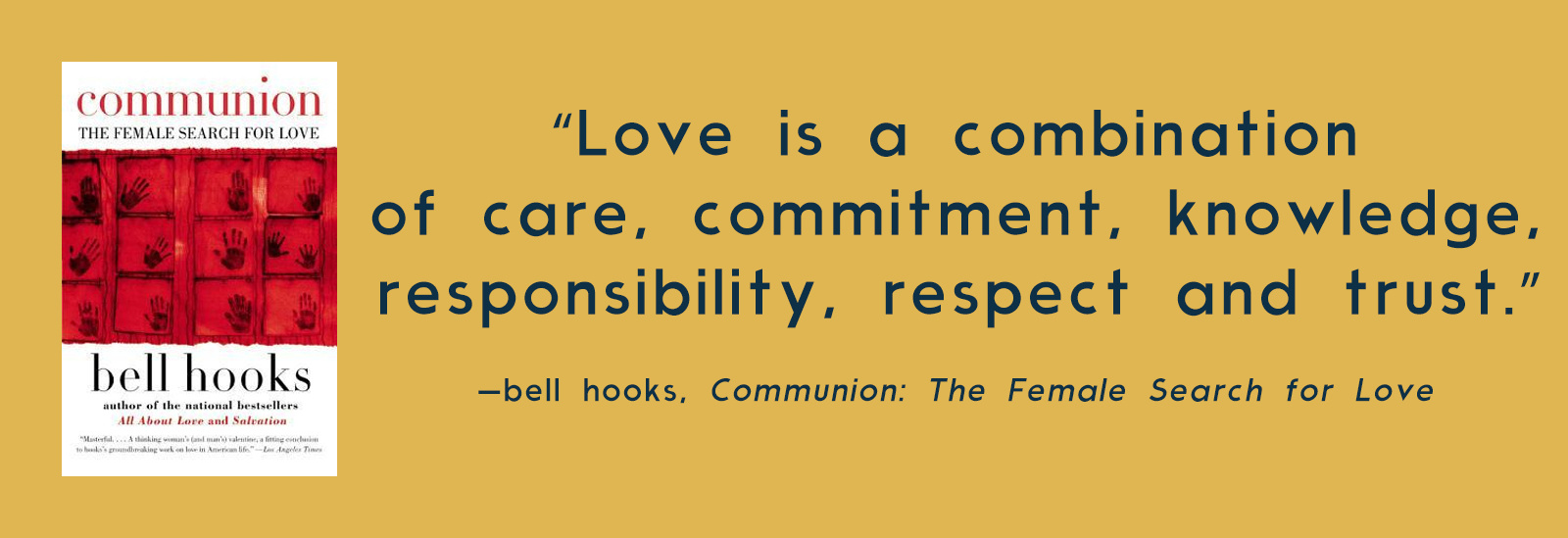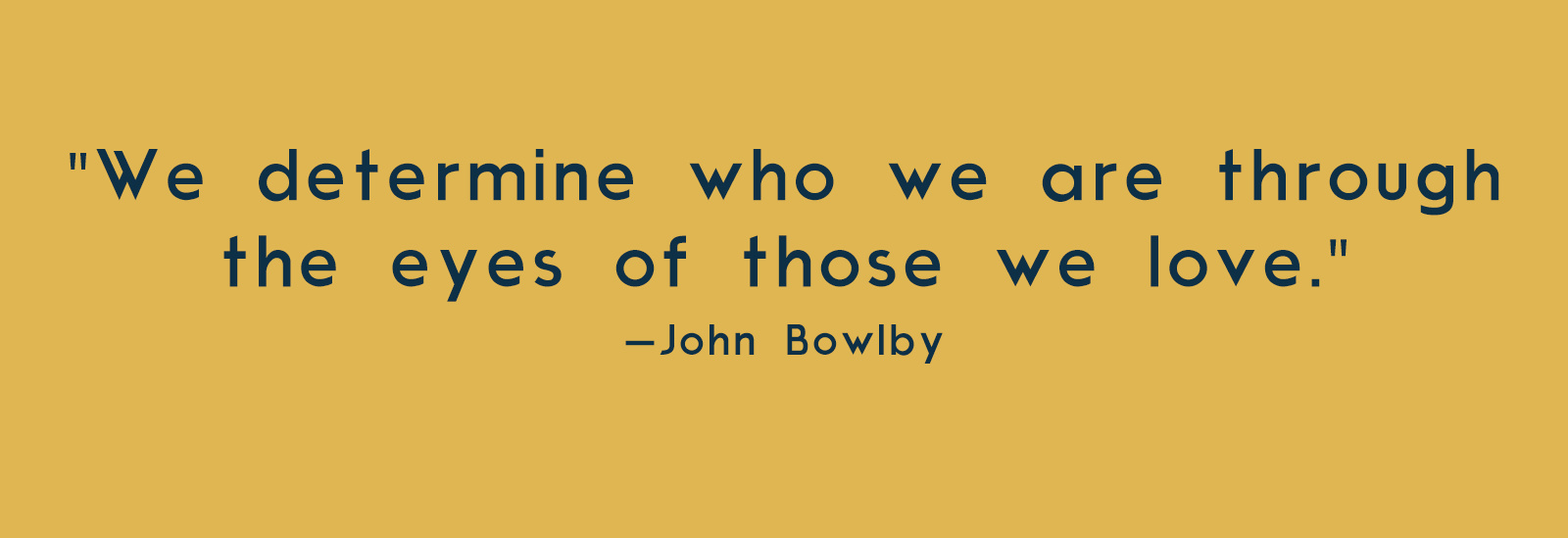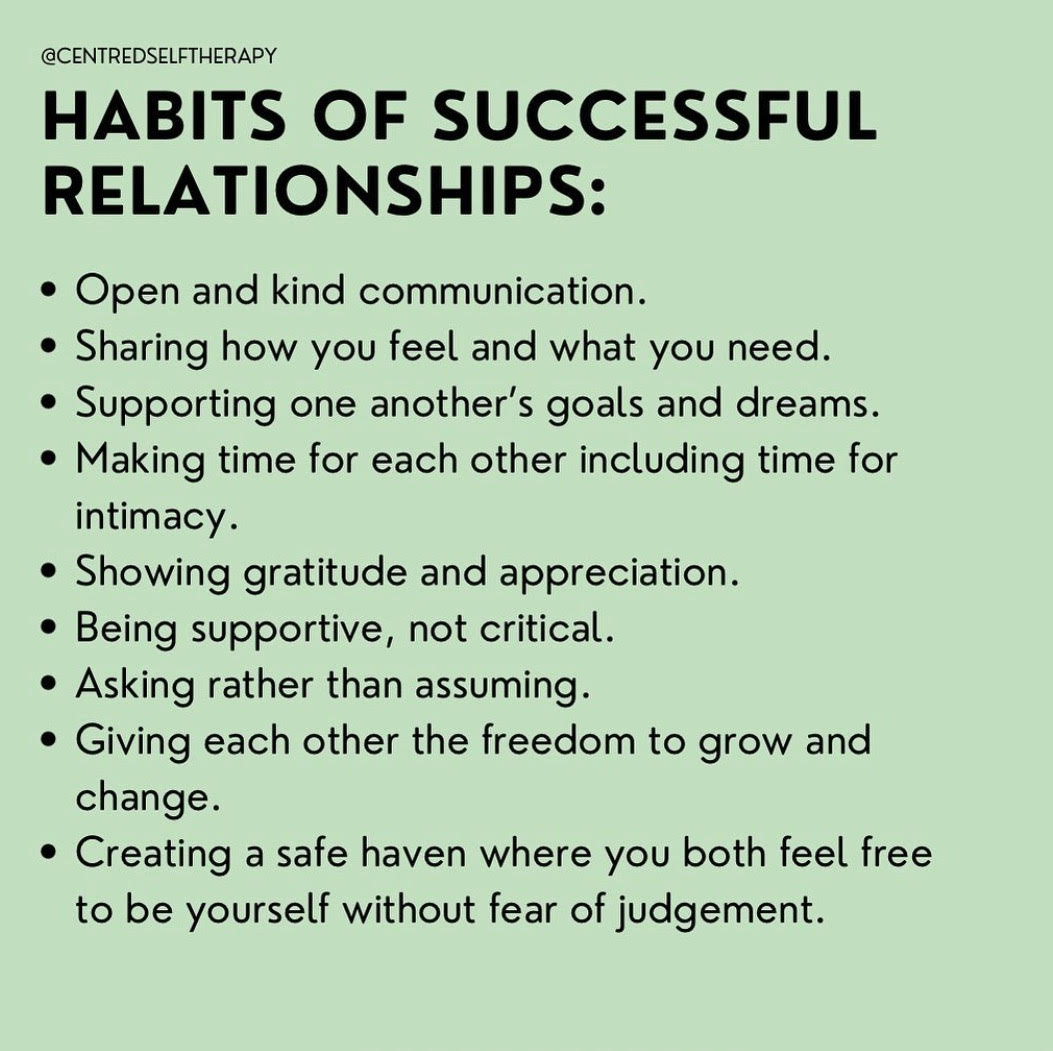Couples & Relationships
*For clients seeking support with relationships, I highly suggest signing up for the Gottman Institute’s Marriage Minute newsletter to read and discuss together.
Click each heading below to learn more.
Couples & Partner Therapy
Uncoupling
If you know you’re ready to end a relationship, I can help you do so in a fair and healthy way. Using concepts from what some refer to as conscious uncoupling, I can help mediate a mindful end to relationships for the benefit of all involved. This can be particularly useful for married couples seeking divorce. For divorcing couples with children, see the Divorce Support for Families with Children section.
Transracial Relationships
If you’re in a transracial (also known as interracial) relationship and are interested in navigating the social and cultural issues that impact your relationship–including but not limited to whiteness and white privilege–in a justice-oriented way, I can help guide this process. For support navigating a transracial family, click here.
Infidelity Therapy for Individuals and Couples
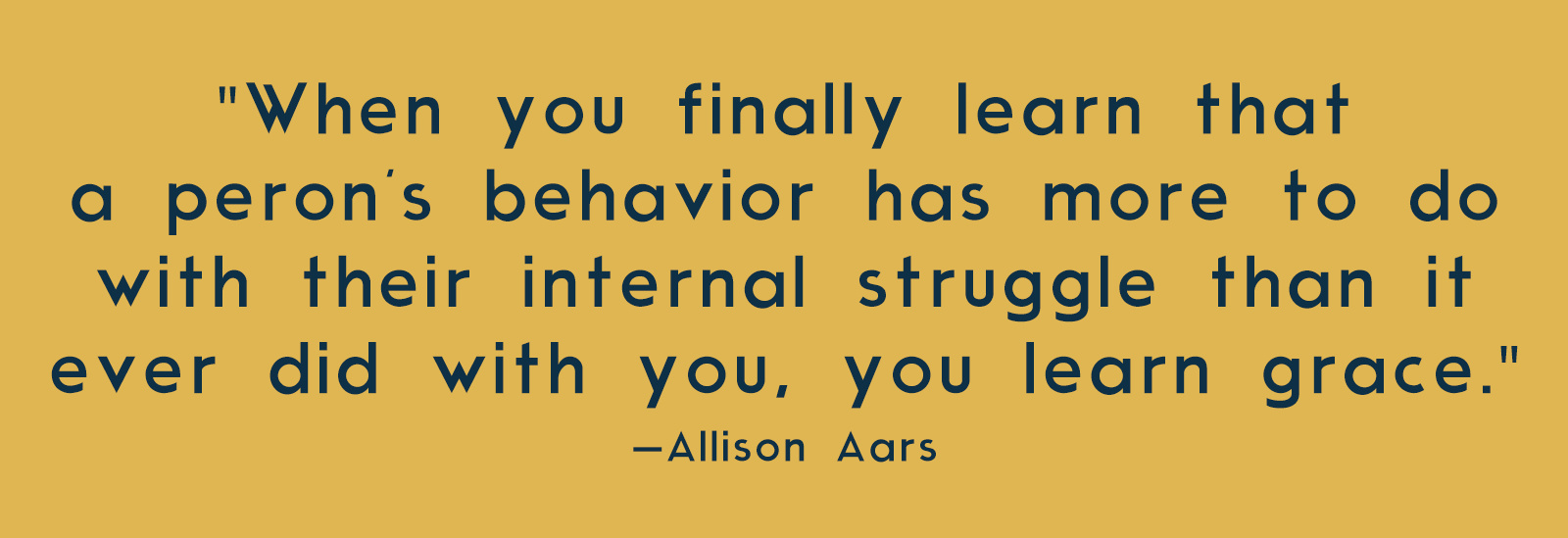
Infidelity can take many forms–from sexual affairs, to emotional infidelity, to problematic porn usage–and it’s often a betrayal and boundary violation that can not only disrupt your relationship, but also your own physical and mental health. If infidelity has become an issue in your relationship, you may be feeling anxious, confused, paranoid, uncertain and exhausted by the emotional toll.
It may feel apocalyptic, but it doesn’t have to be–you can heal and, if both partners so desire, repair the relationship. Whether you’d like to discuss your own behavior, or a partner’s, I can provide non-judgmental support to help you process and address infidelity–individually or with your partner, in a couples therapy setting–in a way that honors both partners’ feelings, needs and desires.
You may want to attempt to repair the relationship together; you may explore other relationship dynamics; or you may decide to end the relationship. I’m here to help you explore your feelings and your options, and to find a way forward that is beneficial and healing for all involved.
Therapy for Narcissistic Abuse
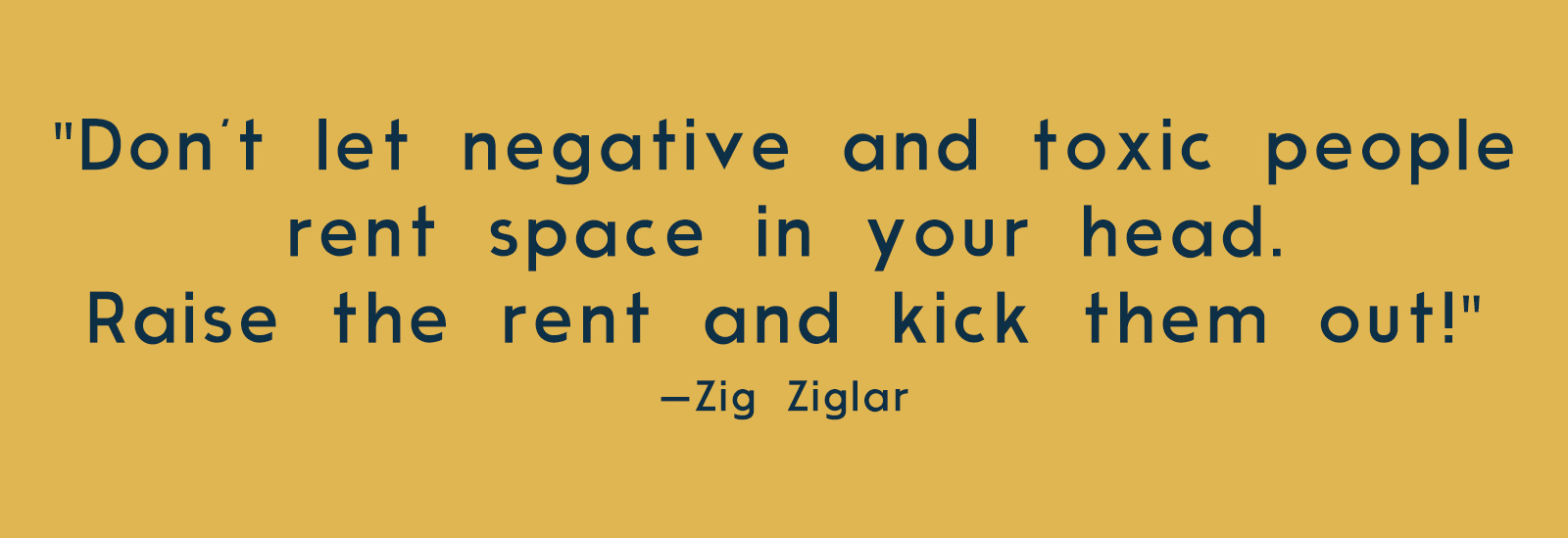
Does your partner constantly put you down with negative comments or inconsiderate jokes? Do they try to maintain control in your relationship by pushing you away from other friends and loved ones, pitting others against you, or controlling your finances? Do they give you the silent treatment, guilt-trip you, blackmail you, demean you, or otherwise manipulate you? If so, you may be experiencing narcissistic abuse.
Narcissistic abuse can be difficult to identify and heal from, because it challenges a lot of our society’s ideas about abuse. Abuse isn’t always physical or overt, and narcissists aren’t always grandiose extroverts with high self-esteem. In fact, whether they’re an introverted, covert narcissist, or an extroverted, classic narcissist, most narcissists almost always have extremely low self-esteem. They cope with this by using people and relationships as a means to their own ends.
If you are currently in or have been in a relationship with an abusive narcissist, you may find yourself struggling with shame, anxiety, depression, or other difficult emotional—or even physical—symptoms. But you don’t have to live this way. You deserve so much more than that.
Through my Therapy for Narcissistic Abuse, I can give you the support you need to heal and move on—from recognizing and processing the abuse, to managing symptoms and healing wounds, and ultimately learning to trust again.
Additional Resources
@DoctorRamani
YouTube
@InnerIntegration
YouTube
Recommended Reading
How to Tell If Someone Is Gaslighting You
Newport Institute
How Micromanipulations Help Narcissists Stay in Control
Kristy Lee Hochenberger Ph.D., Psychology Today
Narcissism & Codependency: You Can’t have One without the Other.
Stacy Hoch, Elephant Journal
Overcoming Narcissistic Abuse
Avaya University
Books
The Wizard of Oz and Other Narcissists: Coping with the One-Way Relationship in Work, Love, and Family
Eleanor D. Payson
The Verbally Abusive Relationship: How to Recognize It and How to Respond
Patricia Evans
Verbal Abuse: Survivors Speak Out on Relationship and Recovery
Patricia Evans
Victory Over Verbal Abuse: A Healing Guide to Renewing Your Spirit and Reclaiming Your Life
Patricia Evans
The Verbally Abusive Man—Can He Change? A Woman’s Guide to Deciding Whether to Stay or Go
Patricia Evans
Borderline, Narcissistic and Schizoid Adaptations: The Pursuit of Love, Admiration and Safety
Elinor Greenberg
The Covert Passive Aggressive Narcissist
Debbie Mirza
Psychopath Free
Jackson Mackenzie
Should I Stay or Should I Go? Surviving a Relationship with a Narcissist
Ramani Durvasula
Healing from a Narcissistic Relationship: A Caretaker’s Guide to Recovery, Empowerment, and Transformation
Margalos Fjelstd

